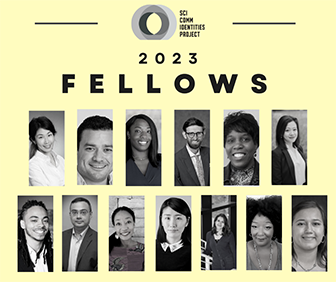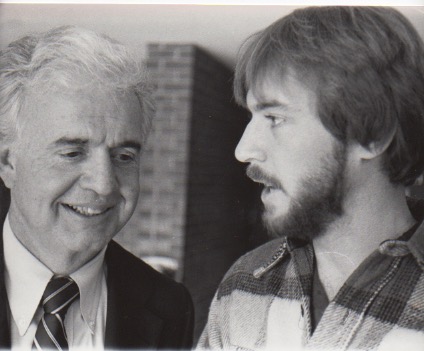 The University of Rhode Island’s Metcalf Institute, Michigan State University’s Knight Center for Environmental Journalism, and the URI Science and Story Lab are excited to introduce the first cohort of SciComm Identities Project Fellows. Out of a competitive applicant pool, thirteen Fellows were selected to participate in this innovative science communication fellowship for pre-tenure faculty of color. The 2023 Fellowship will focus on the intersections of climate change and energy, and Fellows study issues that range from data-driven sustainable transportation to institutional barriers of energy poverty. Fellows come from diverse ethnic backgrounds ranging from Indigenous North African to Cuban, and show a strong history of personal commitment to science communication and inclusivity of underrepresented communities. Many are first-generation Americans and the first to attend college in their family.
The University of Rhode Island’s Metcalf Institute, Michigan State University’s Knight Center for Environmental Journalism, and the URI Science and Story Lab are excited to introduce the first cohort of SciComm Identities Project Fellows. Out of a competitive applicant pool, thirteen Fellows were selected to participate in this innovative science communication fellowship for pre-tenure faculty of color. The 2023 Fellowship will focus on the intersections of climate change and energy, and Fellows study issues that range from data-driven sustainable transportation to institutional barriers of energy poverty. Fellows come from diverse ethnic backgrounds ranging from Indigenous North African to Cuban, and show a strong history of personal commitment to science communication and inclusivity of underrepresented communities. Many are first-generation Americans and the first to attend college in their family.
All of the Fellows have shown a specific emphasis on improving engagement and science communication with either Black/African American, Asian, or Latinx communities, with a common theme being education and outreach to K-12 students of color. “I believe the SCIP fellowship will help me facilitate a more inclusive program of research,” says Dr. Dominic Bednar, a new Fellow and Assistant Professor at Arizona State University. “I’m interested in being a part of the future of peer-reviewed science communication products beyond academic articles that may actually reach stakeholders in the community and policy makers.” Check out the rest of the Fellows here!

